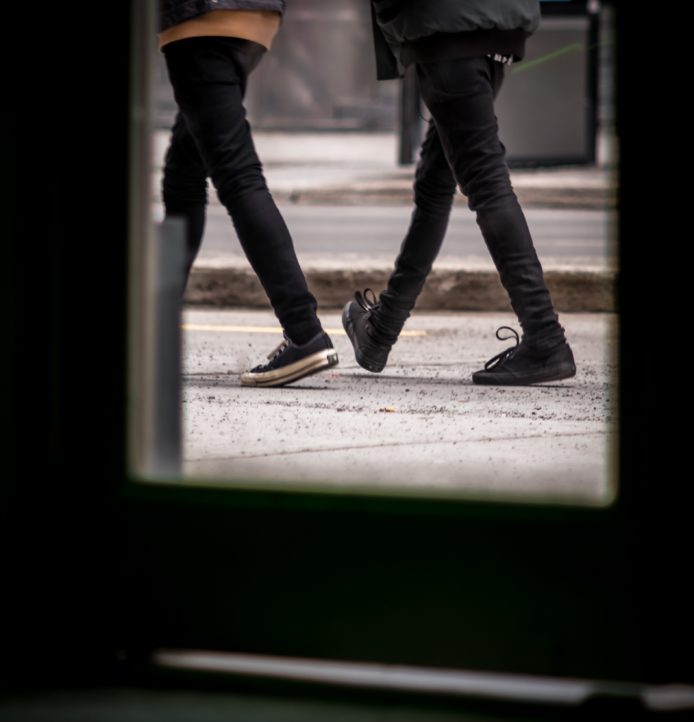October 19, 2020
Peer pressure will come. And most likely it will be earlier than we think. Peer pressure hits well before the teen years, though it grows progressively worse as kids move into high school and college.
Peer pressure is defined as:
social pressure by members of one’s peer group to take a certain action, adopt certain values, or otherwise conform in order to be accepted.
dictionary.com
The key phrase is in order to be accepted. Kids often feel that they must do what their peer group is doing, even if it goes against their values and beliefs. Fitting in rather than standing out becomes the highest value.

Some of the most common areas of peer pressure:
- SUBSTANCES: drug use is on the rise, and alcohol use is still common for kids in the teen years.
- BULLYING: kids often feel they need to treat others the way their friend group is treating them or risk getting kicked out of the group.
- RISKY BEHAVIOR: groups of kids often do crazy things for the sake of showing off for the group, or for creating “adrenaline” experiences.
- SEXUAL ACTIVITY: what the “norm” is in the friend group will likely be the expectation for everyone.
- CLOTHES OR OTHER MATERIAL POSSESSIONS: Kids often feel that to “be cool” they must wear the right clothes and have the latest gear.
- ILLEGAL ACTIVITY: stealing, sneaking into private venues, or damaging someone else’s property can be a harmful outcome of peer pressure.
As parents we must anticipate peer pressure as something most children will struggle with at various points on their journey in varying degrees. Opening up communication about it is vital and may ultimately save your child’s life.

Here are 5 Ways to Teach Kids how to Resist Peer Pressure
1. Practice a Hard “NO”
Teach kids how to state a firm “no” with eye contact. Also, coach the child on meaning what they say. No is not ‘maybe.’ No is no. Encourage them to be strong enough to use it.
2. Offer a Third Way
Teach your children how to employ third way thinking – meaning come up with a creative solution. For example, your child could say, “No, I can’t come to the party, but do you want to meet for lunch on Saturday?”
3. Role Play
Teens tend to operate from the concrete brain when faced with peer pressure. This is why role playing is so effective. Role play as many scenarios as you can think of and act out how to respond.
4. Hand Them the “Parent Excuse” Card
Discuss how your child can gracefully exit a bad situation by blaming it on you, the parents. For example, your child could say, “Sorry, my parents drug test me so I can’t do that.” or “My parents told me I had to be home by 10pm so I’d better go.” Create a code word so they can “signal” you if they need to get out of a dangerous situation (no questions asked).
5. Avoid Potentially Dangerous Situations
The best way to fight peer pressure is to avoid potentially dangerous situations. Tell the group you will meet them at the game (if there will be substance abuse before the event). Or date in pairs to avoid intense one on one situations.
Peer pressure will happen. Let’s equip our kids to be able to handle it when it comes.

One last note:
If you child has given in to peer pressure and is caught in some dangerous or negative patterns or behaviors, create space for non-judgemental communication.
Let your child know that he (or she) is loved and seen beyond the behavior. Empathize with his situation. Ask him what he needs from you and what he needs to move forward differently.
Find a counselor if help is needed.
What are your thoughts about helping kids deal with peer pressure?
Comments